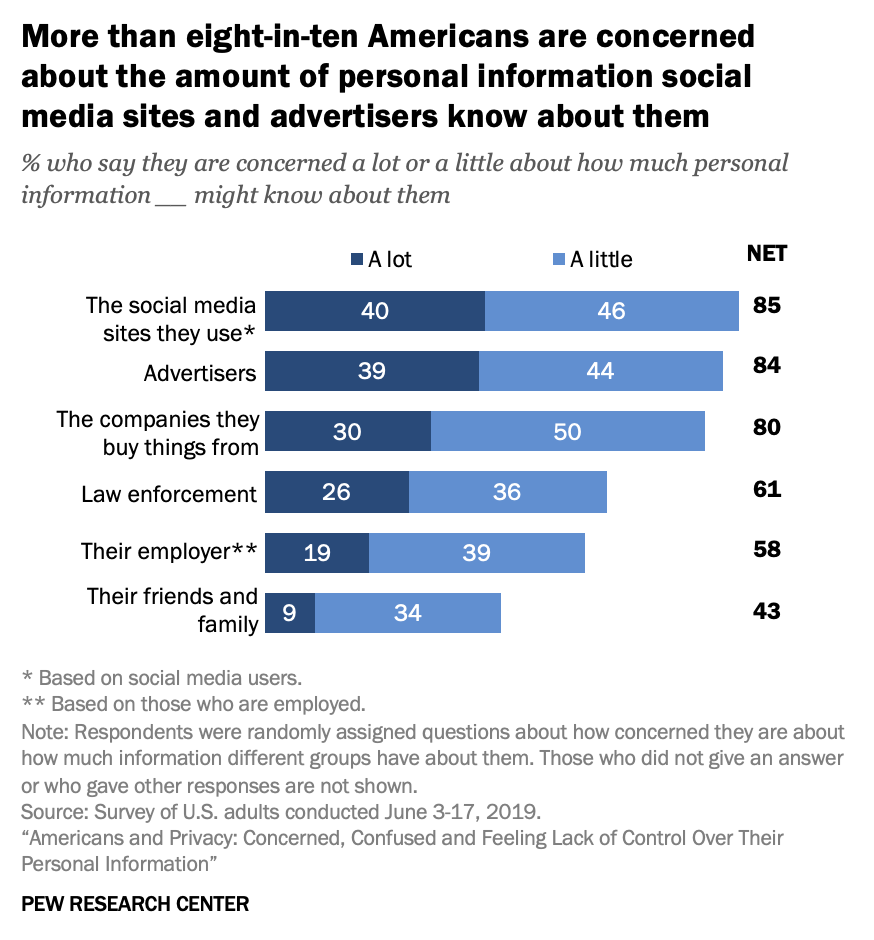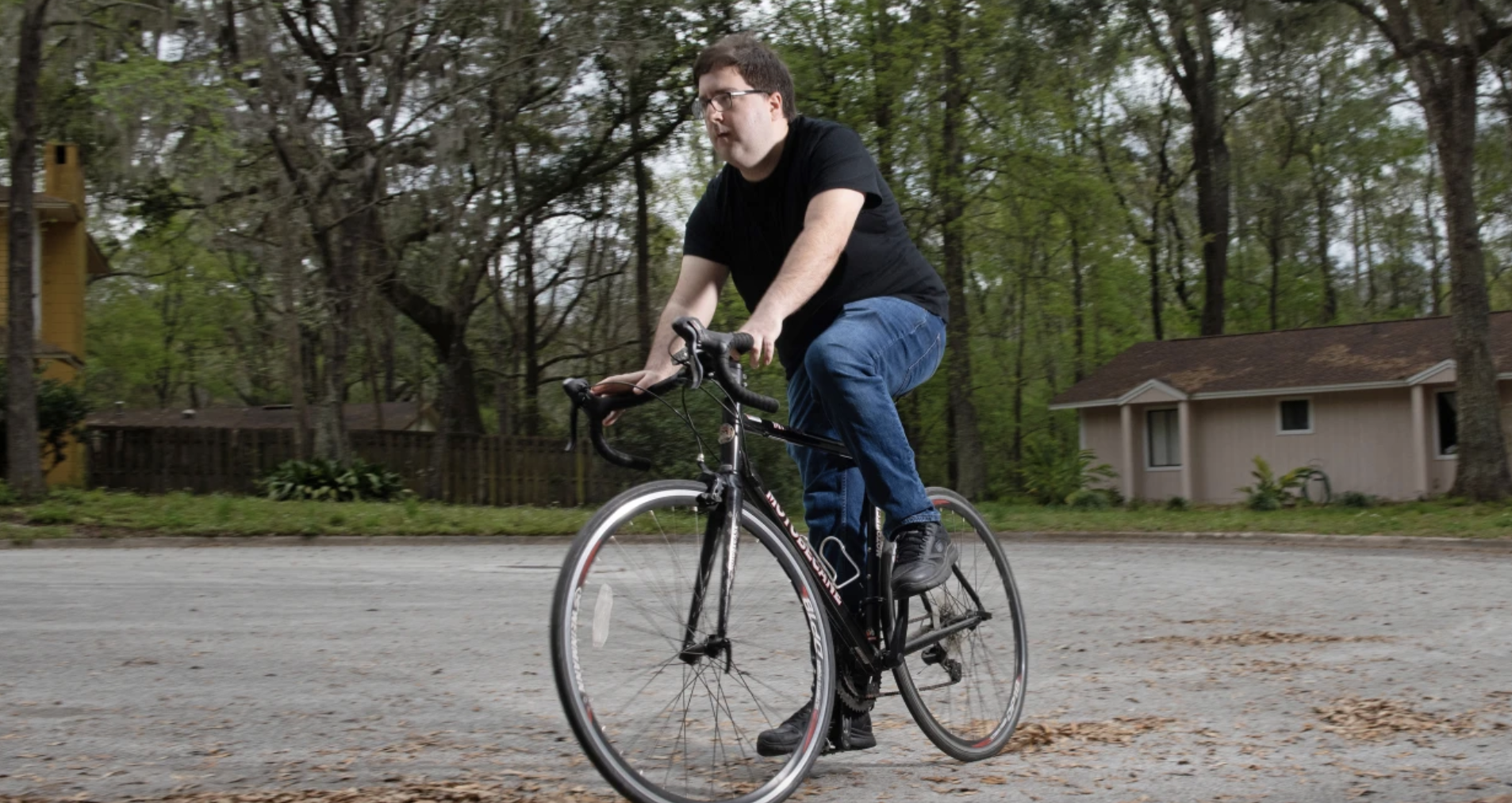For most people who fall under the Gen Z age range, digital privacy has existed as something to be briefly thought about, maybe stressed over a little, and then forgotten as quickly as you can hit “accept all cookies.”
With the internet taking off in the early 2000’s and social media apps gaining popularity while most of Gen Z began middle school and high school, this generation can scarcely remember a time without a digital footprint.
It seems that the constant exposure to data collection practices by tech companies has seemingly desensitized Gen Z to the extent of data being gathered. Convenience and functionality can quickly outweigh our need for privacy.
But there’s a price to pay for the seamless integration of our digital and real lives. The issue is getting anyone to care.
The illusion that you have nothing to hide
If asked, most young adults would say no if someone asked to go through their journal. But when asked if someone could go through their phone, they may say yes because they believe they have nothing to hide. The truth is most people don’t understand just how much information is being collected about them.
According to a study done by the pew research center, only 6% of Americans say they actually understand what companies do with the data collected about them. By skimming the terms and conditions, accepting cookies, and constantly allowing location services to be on, it’s not shocking how easy it is for companies to collect data on willing consumers.
What many young people may not realize is the amount of data being collected on them by their many different devices. Most people may think solely of their phone or laptop when thinking of digital privacy, but there are many more devices sifting through data. An Apple Watch, an Alexa, a Nest thermostat, even a smart fridge.
Suddenly, it’s more than just what is being consumed on your devices. It’s about where you are going, who you are with, and knowing whether or not you are at home.
In a survey completed about digital privacy, 48% of Gen Zers said that they understand there are privacy and security risks online, but they don’t worry about them. Even more alarming, 33% of Gen Zers said they don’t mind being tracked by websites or apps.
As the digital world expands, the extent of personal data collection remains a mystery to most, casting a shadow on the true ramifications of digital footprints left behind.
Your data can put you behind bars
There are real life implications to having data harvested, besides occasionally wondering how an ad just popped up for something that was mentioned out loud earlier.
Imagine using an exercise app to track fitness progress. One day, there is a warrant out for your arrest because geolocation technology has placed you going by the scene of a crime. This happened to Zachary McCoy back in 2019. Despite being innocent, the tracking of his personal data almost ruined his life.
There are many instances of this happening over the past few years. None of these people could have imagined their information being used against them in this way.
What is stopping it from happening to the next innocent person? Especially to a generation who consistently blurs the lines of their public and private spheres.
The generation that could turn the tide
The good news is that it’s not too late. American’s privacy can still be protected as activists and legislators work together to protect citizens’ private information. In 2019, Libertas helped pass HB 57, which clarified that without a warrant, your device and the data you entrust to third parties are protected from law enforcement searches.
The rising generation of adults will need to be especially wary of being surveilled. They will hold the power to redefine the narrative and secure a future where privacy is a cornerstone of our digital existence.
There’s hope for bolstering digital protections. It’s time for this generation to become trailblazers, advocating for and demanding a digital landscape that respects privacy rights.



